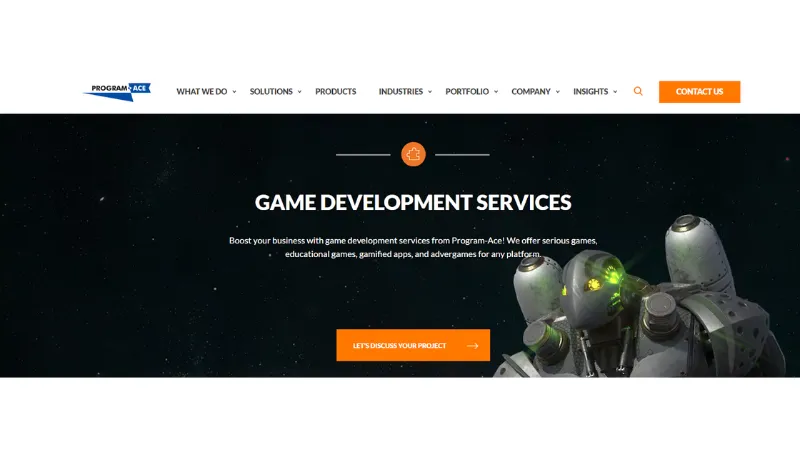Navigating Canada’s Experience Class Program for Skilled Immigrants
Nov 13, 2025 | By Team SR

Canada wants you as a skilled worker to move to the country permanently. They hope that people with your education, experience, and background can make a significant contribution to the Canadian economy. One way that Canadian immigration law can make this transition easier is through the Canadian Experience Class system. It is ideal if you have already lived and worked in Canada for at least a year and want to take the next step.
This blog will introduce you to the Canadian Experience Class, including what it gives you access to, what characteristics make you eligible, and how you can begin the application process. Getting help from immigration lawyers and advisers is a great idea after you have finished reading, due to the complexity of this path to permanent residency.
What Does A Place on the Canadian Experience Class Give You Access To?
It is important to remember that the Canadian Experience Class (CEC) program is not permanent residency itself. Rather, it is one of four programs within Canada’s Express Entry system that you can use to get to the front of the queue. If you can get CEC, you can submit a profile on the Express Entry system. Importantly, it doesn’t require you to have a job offer or currently be working. That places you into a limited pool from which Immigration, Refugees & Citizenship Canada (IRCC) selects the candidates it thinks are most suitable for permanent residency.
In order to transition from a place on the CEC program to permanent residency, you need to receive enough points on the Comprehensive Ranking System (CRS). This is a points-based system that ensures the most skilled, talented, and experienced individuals get permanent residency through Express Entry. Use your language skills, work experience, education, and more to earn above the minimum threshold of points and be offered permanent residency.
RECOMMENDED FOR YOU

Are You Walking Correctly? Small Changes That Make a Big Impact on Foot Health
Team SR
Dec 18, 2025
The Right Amount of Work Experience
The most important requirement to get a place on the Express Entry pool through CEC is that you have extensive work experience in Canada. Defining full-time work as 30 hours or more, you need to have worked in Canada for at least 12 months. An equivalent number of hours of part-time work will also make you eligible, such as working for 24 months for 15 hours a week. Not all the work you have conducted in Canada will be suitable. According to Canada’s National Occupational Classification, the work needs to be classified as skill type 0 (managerial), A (professional), or B (skilled trades or technical work), and be conducted for a formal employer. You also need to have gained this experience by working legally within the past three years.
If you are a full-time student, you cannot apply for CEC based on the work you carried out while studying. Instead, you should apply for a Post-Graduation Work Permit (PGWP), and then apply for the CEC program once you have fulfilled the Canadian employment requirement.
Speaking the Language
The other important requirement for the CEC program that you will need to navigate is having a decent standard of English or French language capabilities. CEC applicants need to have level 7 (upper-intermediate proficiency) or level 5 (intermediate) proficiency according to the Canadian Language Benchmark (CLB), depending on the work they have previously conducted in Canada.
Please note that this requirement is in place even for those coming from English-speaking nations, and you will need to prove it by attending a test covering writing, reading, speaking, and listening at an IRCC-approved language agency. Make sure to include the test results in your Express Entry program or they will not be considered in your CEC program or permanent residency application.
Applying for Permanent Residence
Once in the Express Entry pool through the CEC program, you will need to wait to be selected to apply for permanent residency. This is known as an Invitation to Apply (ITA), and you have just 60 days to apply once you receive it. As this is a short time scale, particularly if you are already working full-time in Canada, it is advisable to prepare your application before the invitation.
Alongside showing your eligibility to earn CRS points, you will also need proof that you are healthy through evidence of undergoing a medical examination with an IRCC-recognised panel physician. A Clearance Certificate from the police from every country you have lived in as an adult for over six months, and references from your previous employers will also be needed.
Approval of your application will lead you to receive a confirmation of permanent residence (COPR) document, from which you can obtain a Permanent Resident card. This is the essential document to show that you have a lawful right to remain in Canada.
How Can Total Law Help?
CEC can be confusing to navigate, as it is a pathway towards permanent residence in Canada, rather than permanent residence itself. It has tremendous power as it is a pathway that doesn’t require you to have a job opportunity. As such, you can enjoy much more freedom in Canada to find the right role for you.
CEC comes with strict requirements, and you will need to continue working to demonstrate the potential value you can bring to Canada once in the Express Entry pool through the points-based system. It is common to enlist the support of immigration lawyers and advisors, such as Total Law, who can guide you through the entire application process. Our team can then help you boost your CRS score above the minimum for permanent residency once you receive an ITA.
Every CEC application is different. Speak with our team at Total Law to get started today. You can also use our website to learn about the other Canadian immigration services we offer.


 Follow us
Follow us Follow us
Follow us














